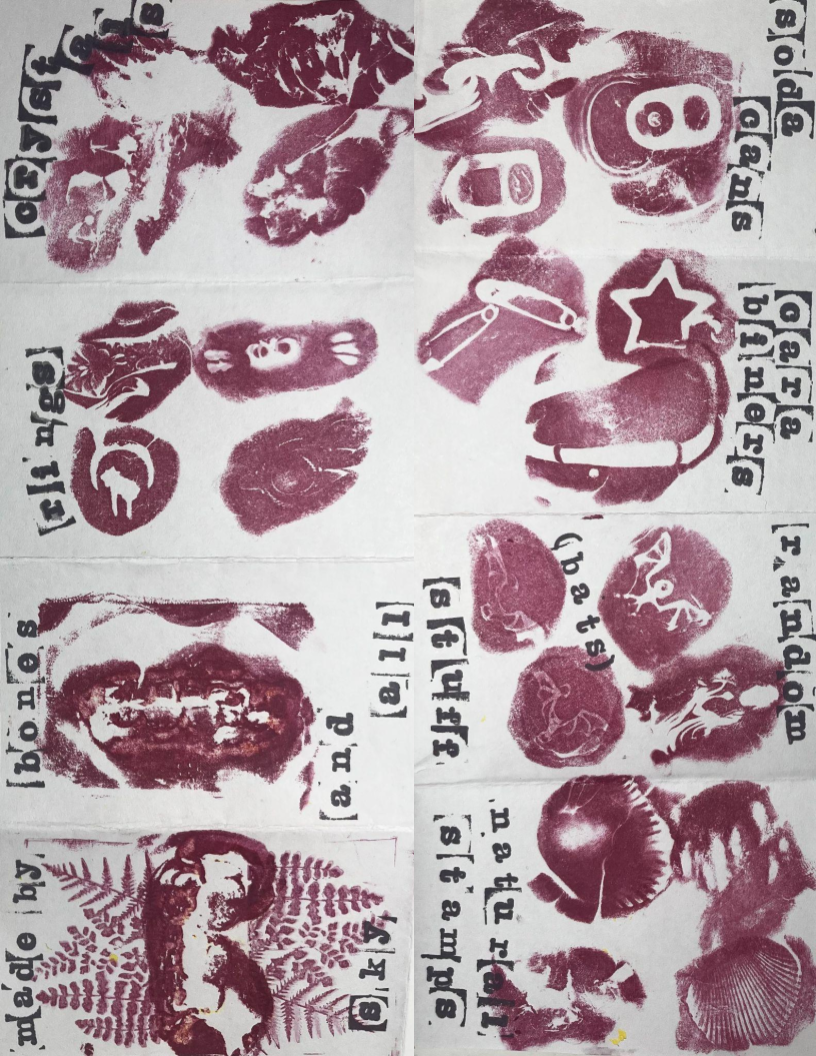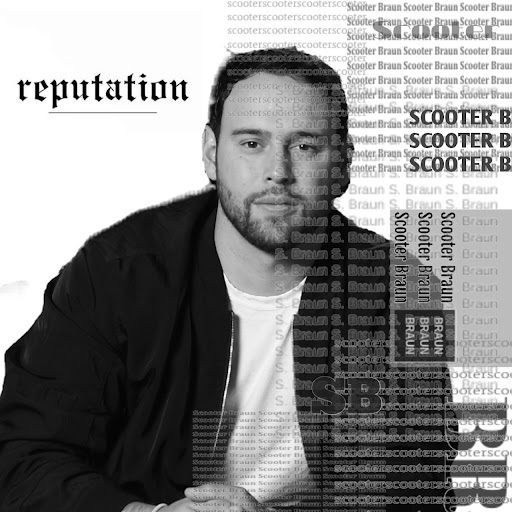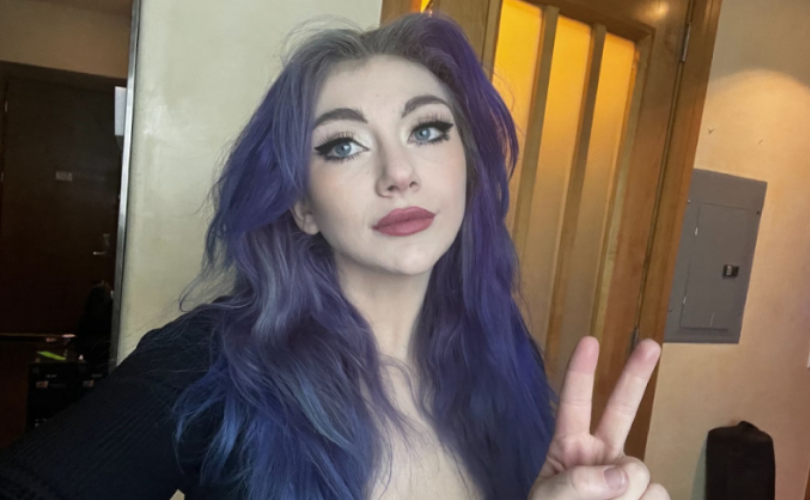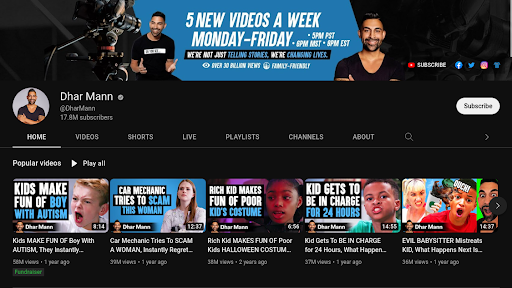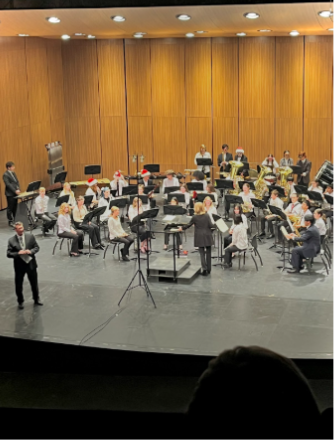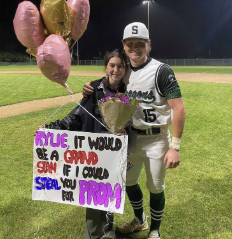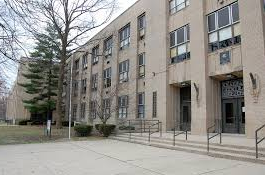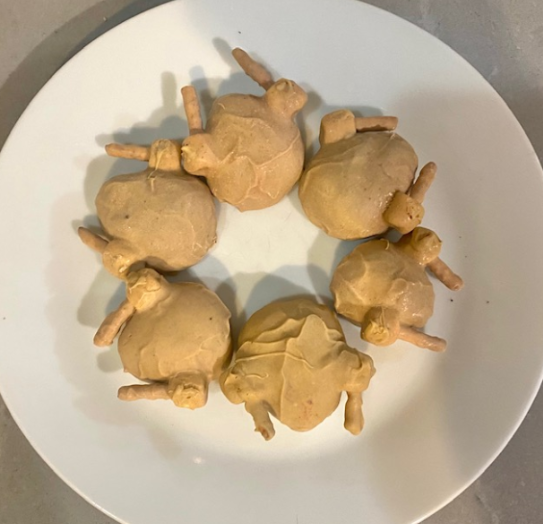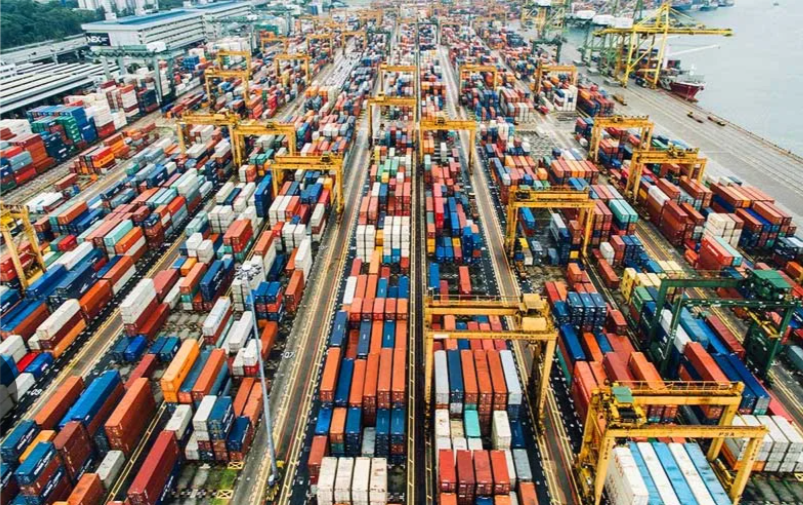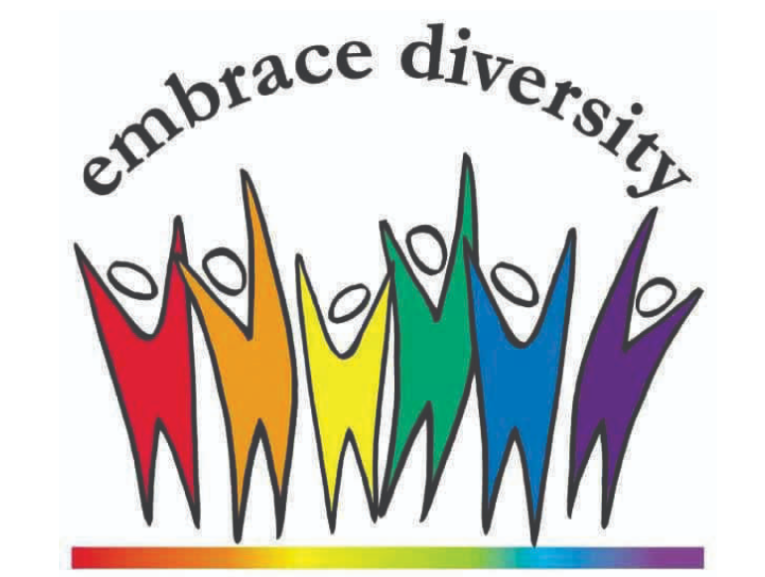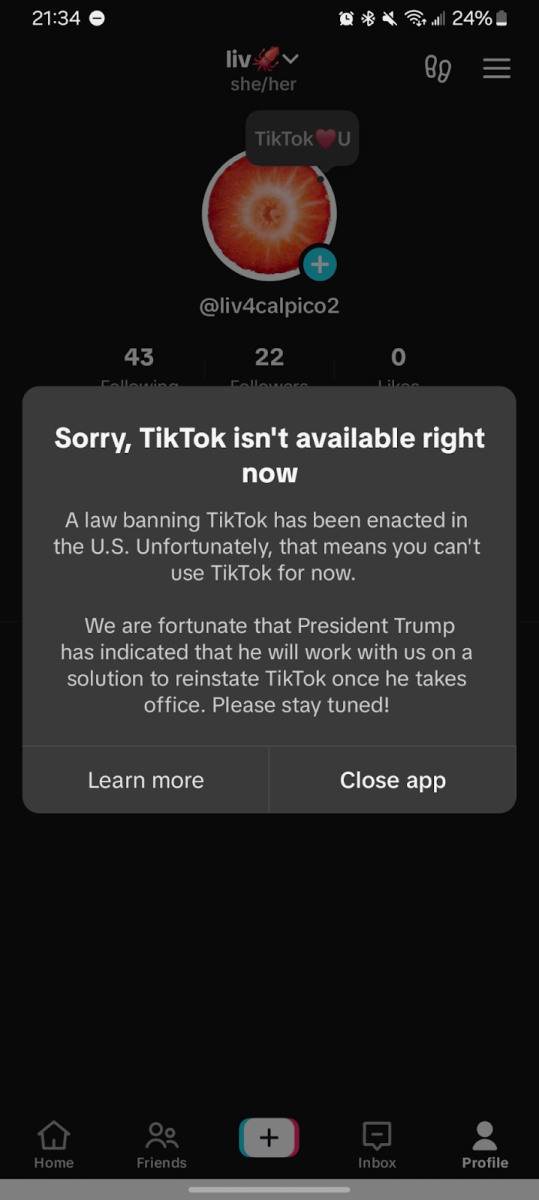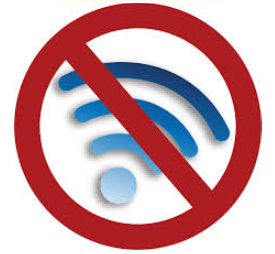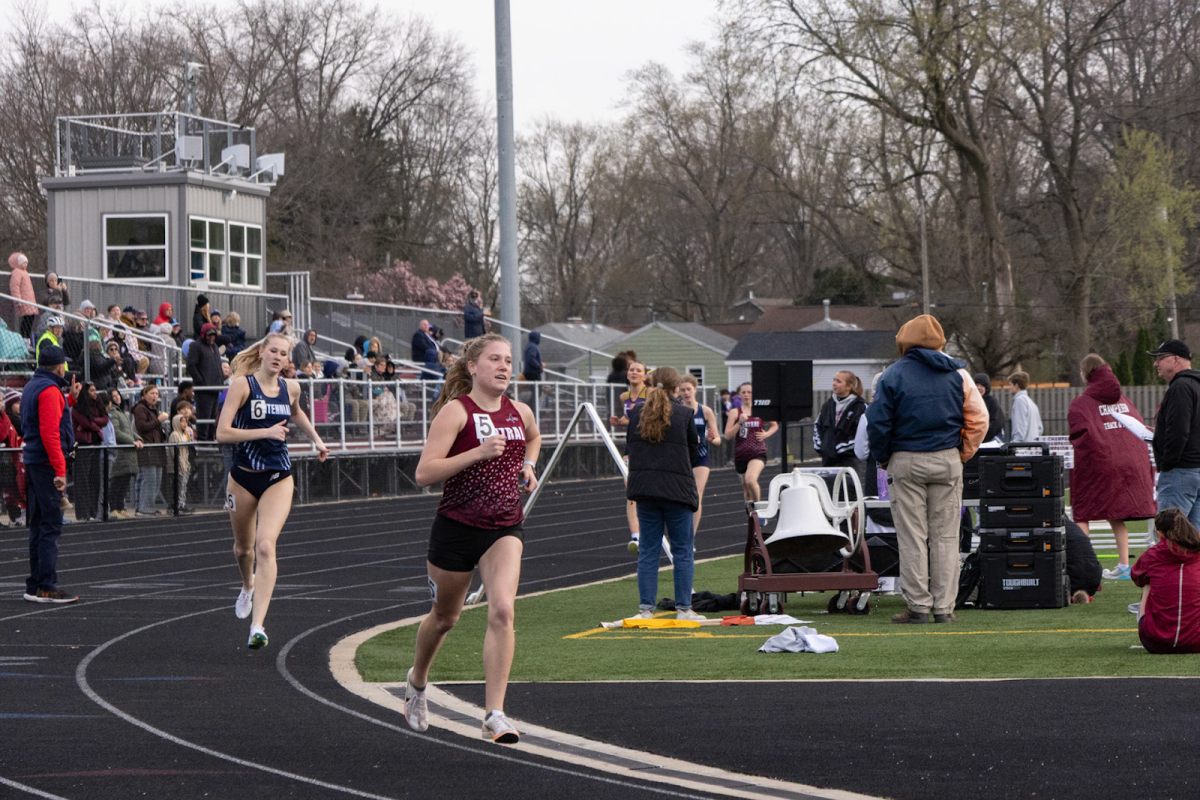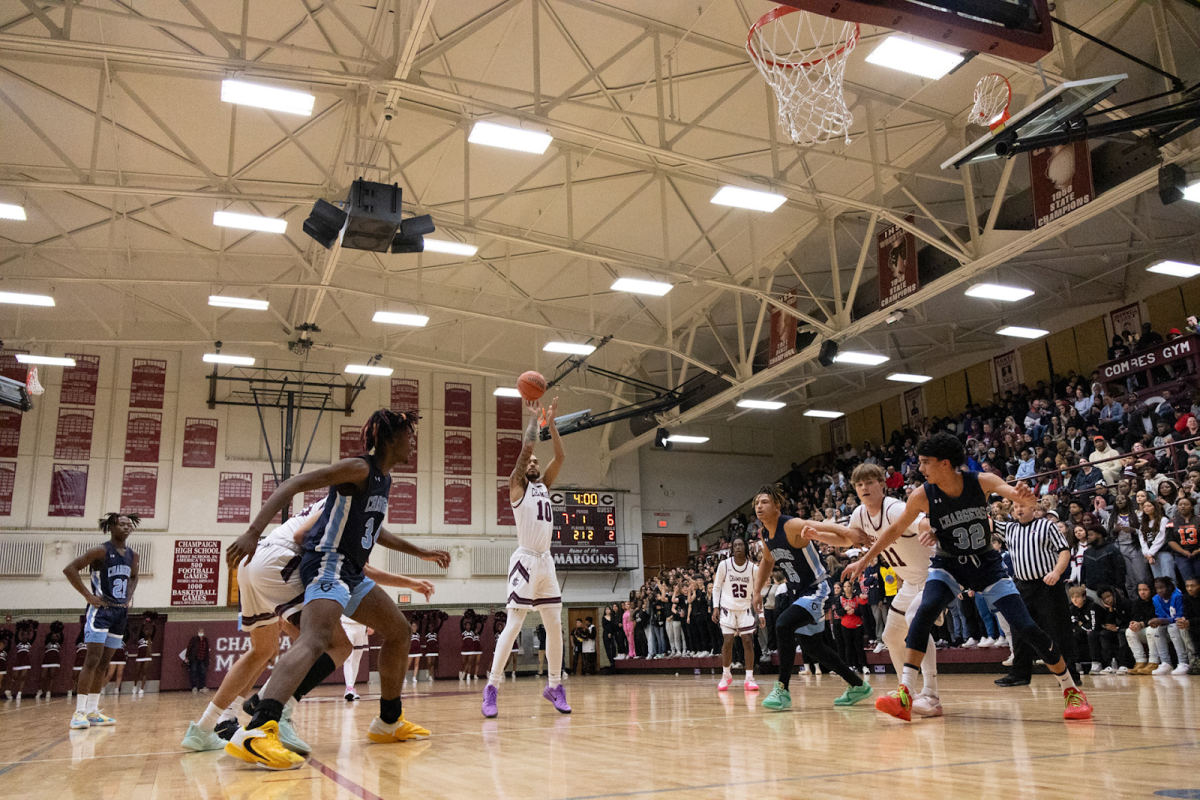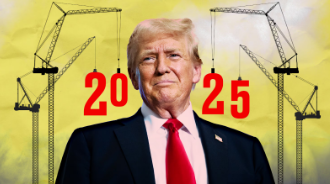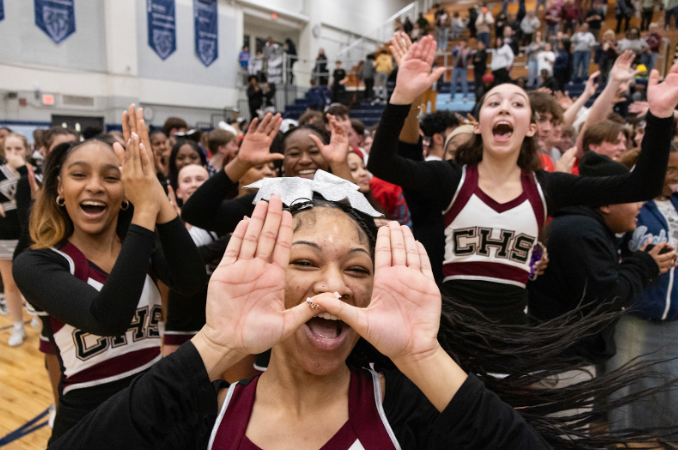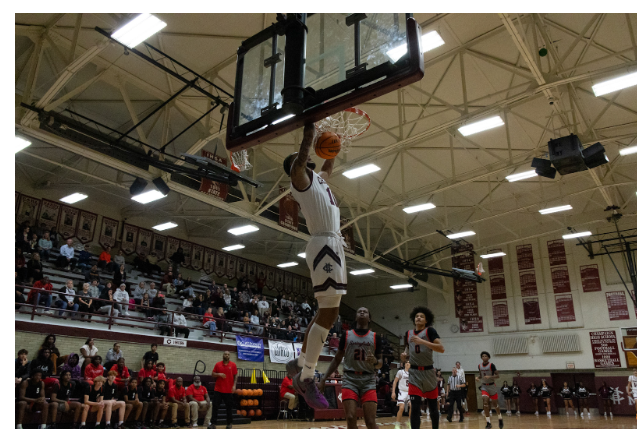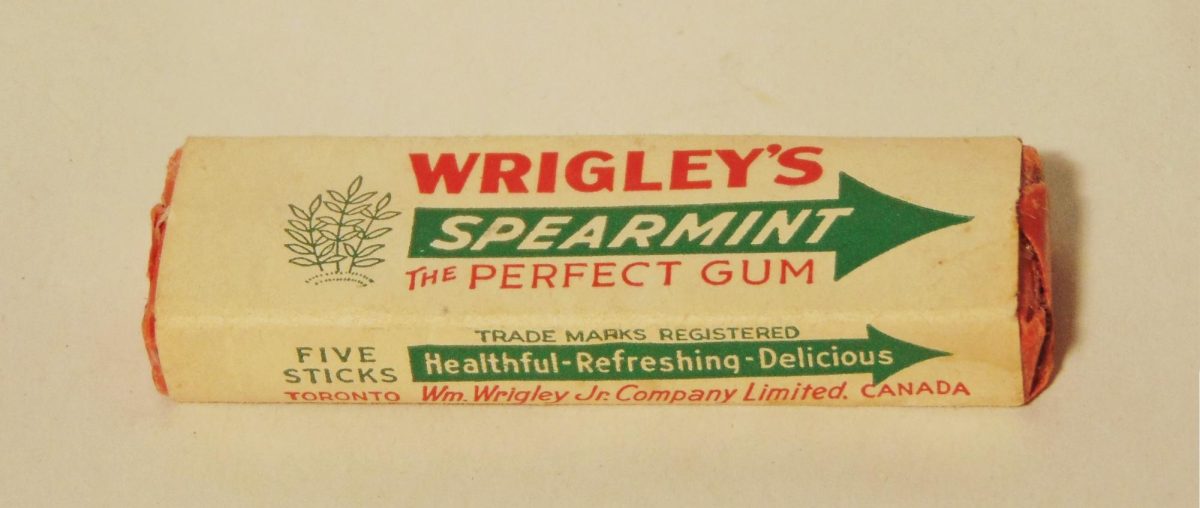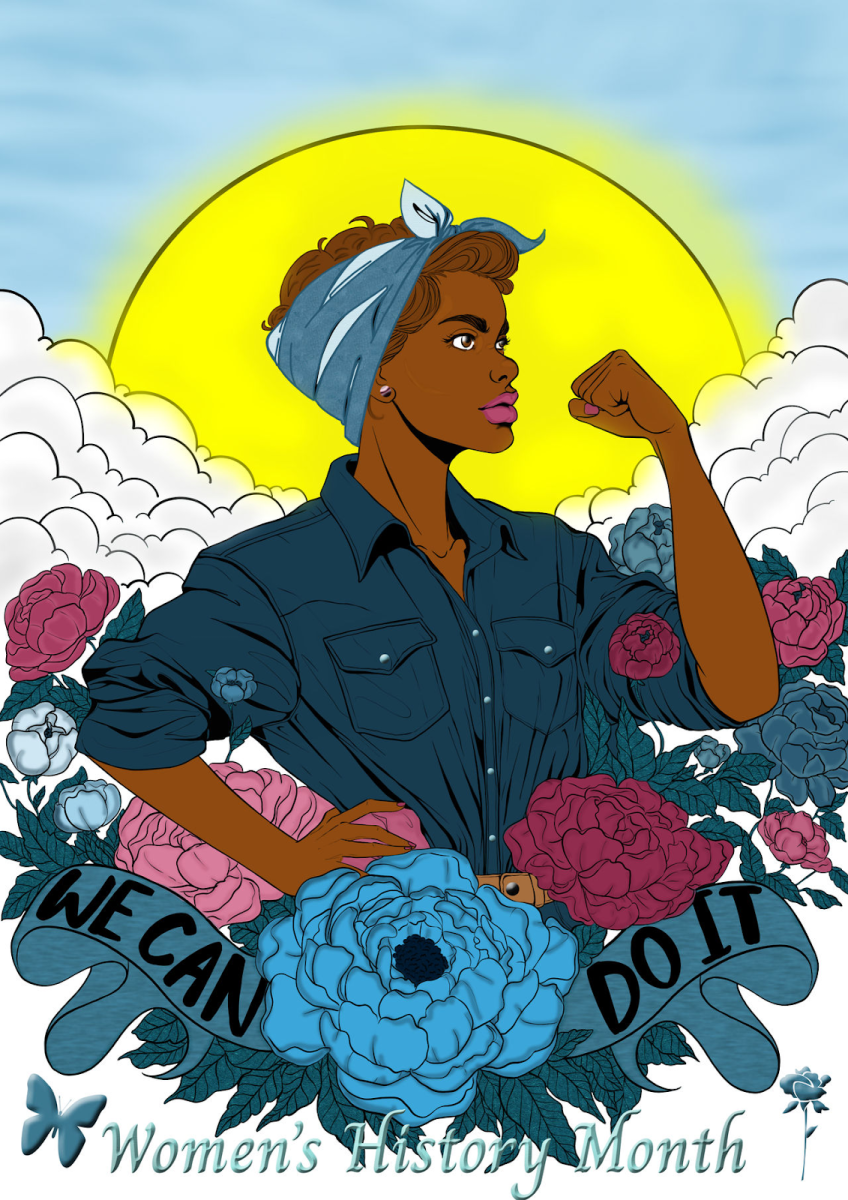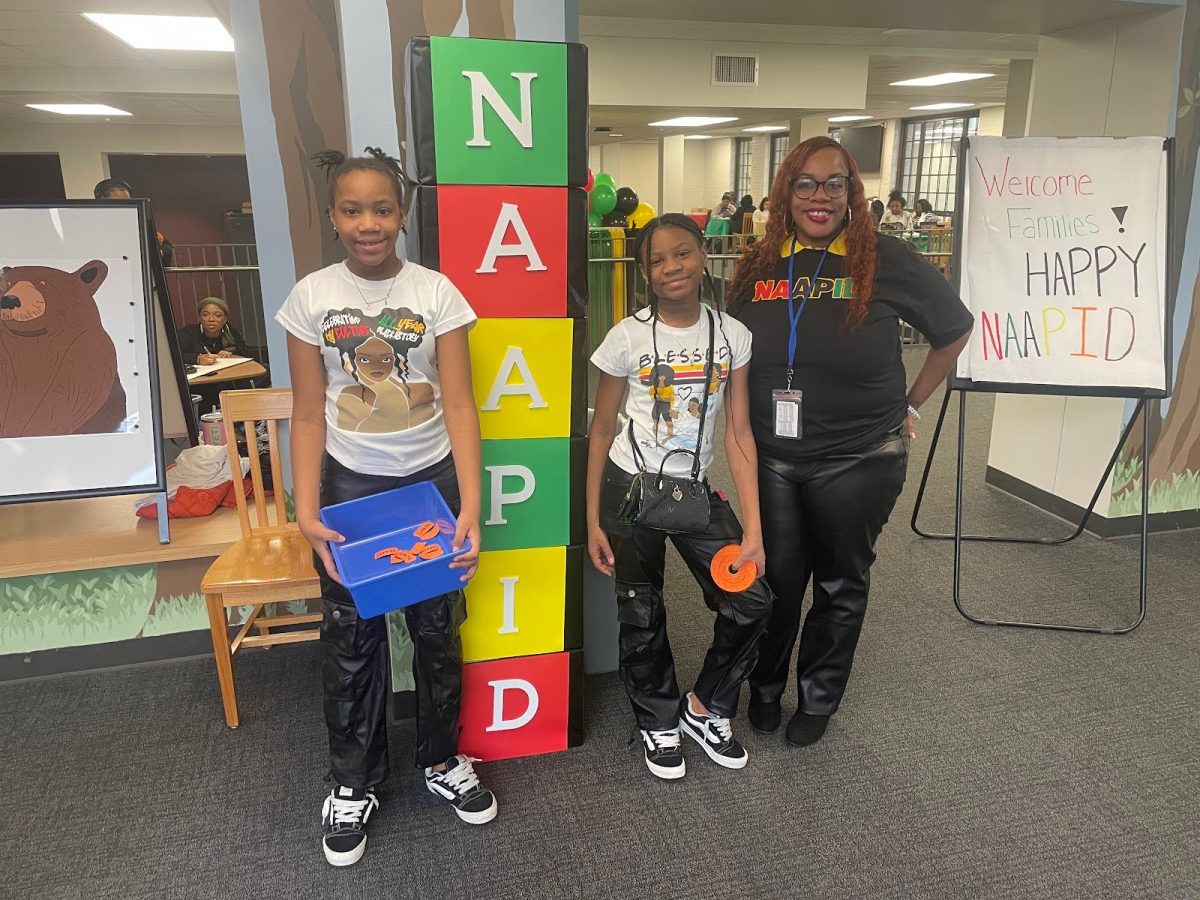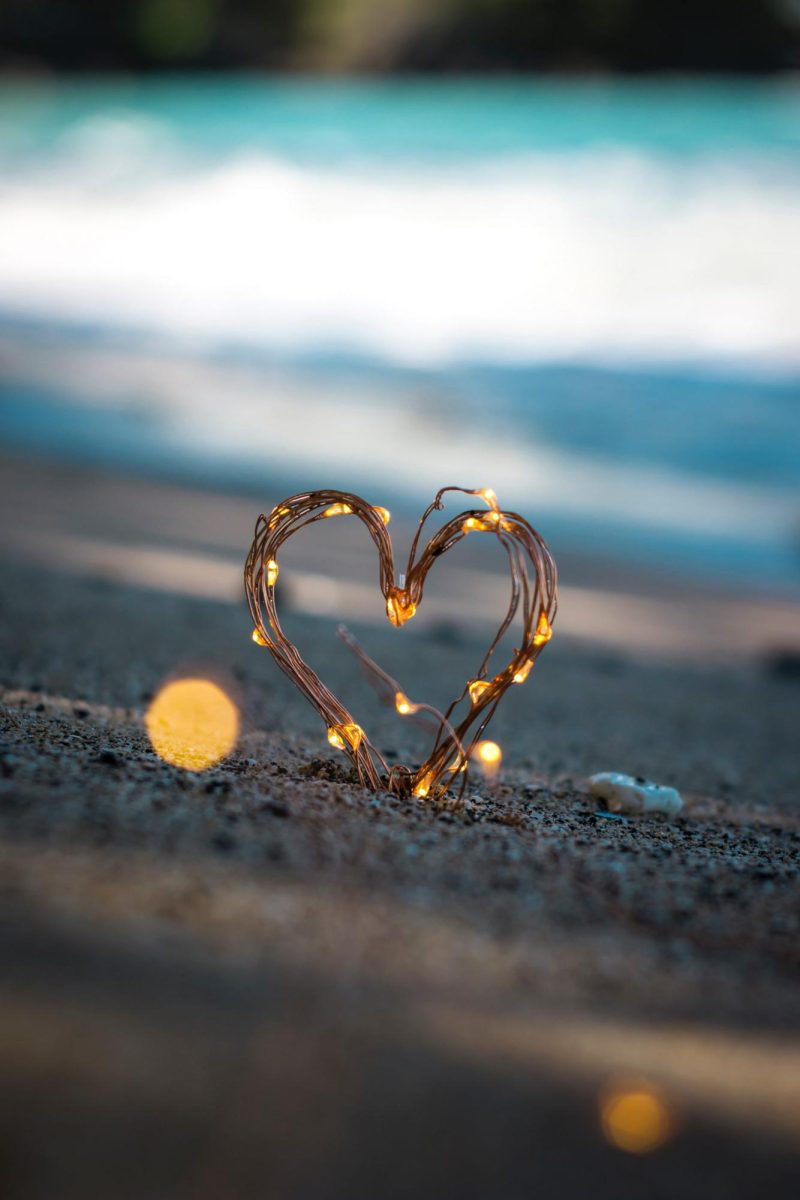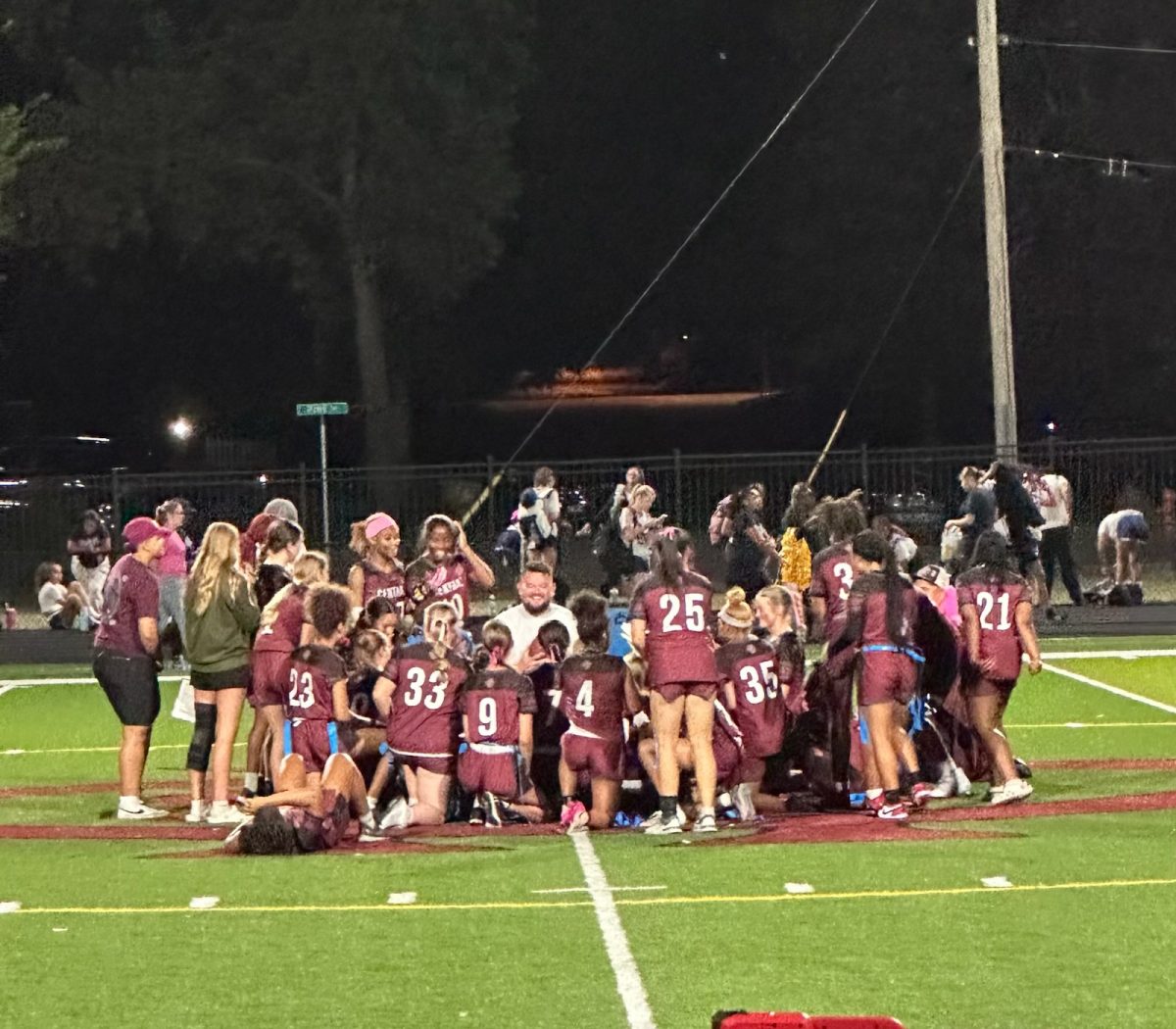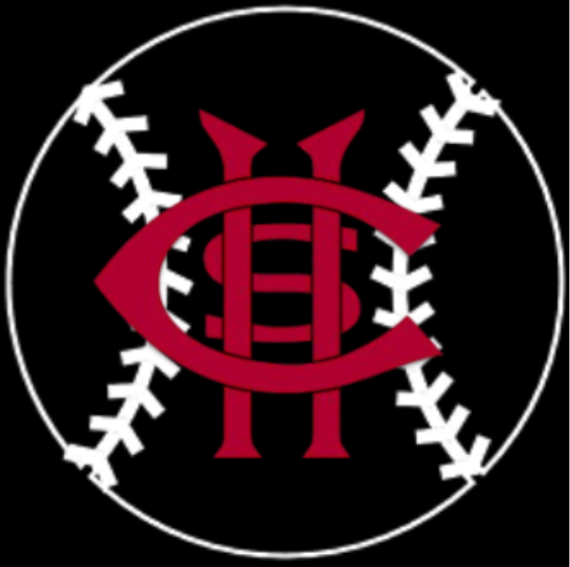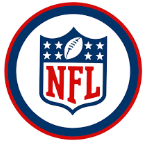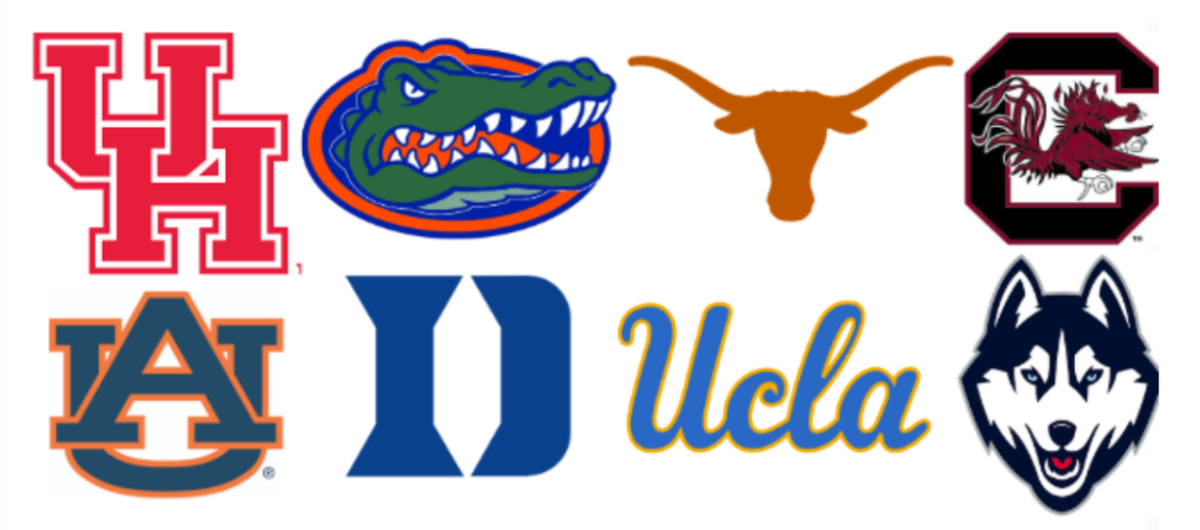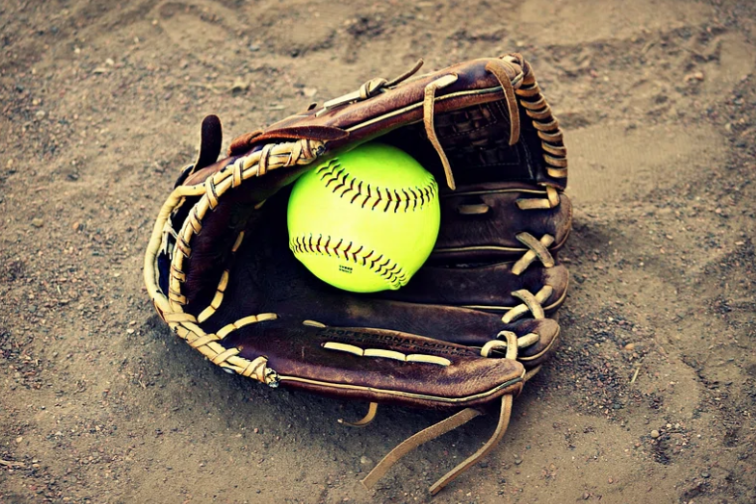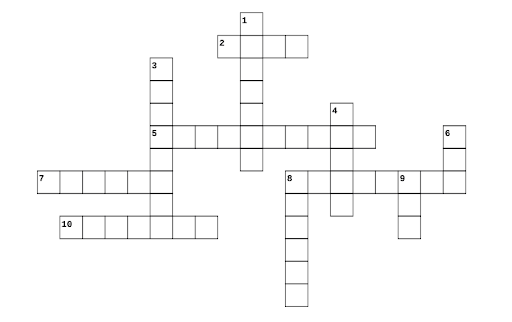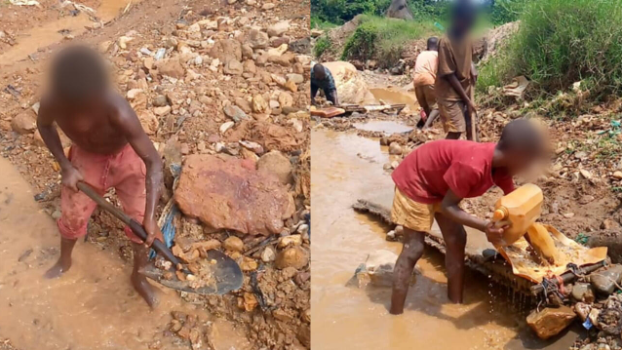[TRIGGER WARNING: This article mentions sexual assault/SA of minors, torture, genocide and graphic violence.]
Since 1996, approximately 6 million people have died due to the conflict in the Democratic Republic of Congo starting around 1994, and about half of them are children. The battle for dominance of the Congo’s natural resources has escalated to the point of forced enslavement of the citizens of Congo to mine for gold, cobalt, coltan, and other natural minerals from the earth. Coltan, which is highly radioactive and extremely dangerous to be around for long periods of time, is used to produce technology like rechargeable batteries and computer chips.
The mining is in no way safe or legal. Approximately 40,000 children are working in these mines. Every hour, 48 women and girls are sexually assaulted by soldiers if they are not working fast or hard enough (to their standards). The same goes for the children. Sexual assault is a weapon of war and a fear tactic to control the Congolese people. These kids don’t know of life outside of mining; they don’t know that their gruesome, dangerous work is going towards devices for people fortunate enough to buy them. The mines collapse so frequently that the big tech companies that own the mines refuse to protect the miners with safety gear. To these companies, there is no point in protecting these children when they will reach their demise sooner rather than later.
“The saddest part about the genocide in the DRC is that it’s been happening for a while now,” Klai’otarra Josenga, a TikTok user whose content usually centers around black and indigenous peoples rights and liberation, said in an interview. “It’s only been able to transpire because when it comes down to it, people care more about getting their new phones, laptops, and electric cars more than they do human lives. People are more interested in being a puppet to consumer culture to fulfil their materialistic desires. They could think about where it all came from, and the six million plus people that have been raped, mutilated, bled and died mining the supplies needed to build their shiny new tech. But that would ruin the façade.”
And it’s not like the big tech companies don’t know about the torture and inhumane treatment that the Congolese people are going through – they do. In 2019, 14 Congolese families on behalf of a human rights firm called International Rights Advocates in Washington, D.C. filed suit against defendants that included Tesla, Dell, Microsoft, Apple, and Google. Their children and other family members were killed, tortured, and/or maimed while mining. The lawsuit stated that these and more big tech companies aided and abetted child labour which led to either death or serious injury. The case was dismissed in Washington, D.C. on 5 November 2021. That goes to show a lot about these companies; the billions of dollars they are worth and are continuing to amass with time mean more to them than the millions of people dying just so their companies can thrive. If only 14 families can’t get the compensation they deserve, what about the other hundred of thousands destroyed? Displaced?
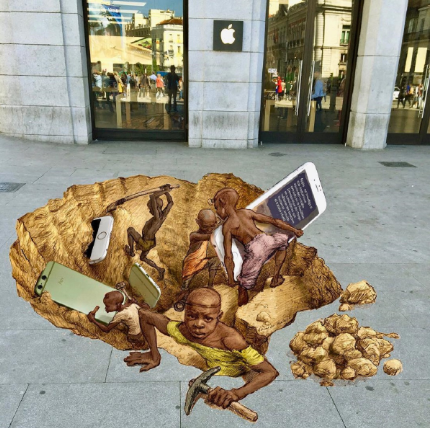
Political instability and the abuse of power in the hands of the armed forces play a big part in the state of the Congo. Two of the DRC’s sister countries, Rwanda and Uganda, both of which have expansive military resources in the DRC, are the biggest puppets in the war. The West (The United States, Europe, Canada, and parts of Australia) is using these politicians and authoritarians to invade the Congo and strip the resources from the land, all the while making them believe that they are on their side, when really the global north is pulling all the strings. When you get someone to play a role of power, and gas them up as such, they’ll go to the extremes to get what their leader wants. Regardless of whether or not the West is physically torturing these people, they still have blood on their hands.
The two major groups involved in the conflict are the March 23 Movement (M23) and the Congolese Armed Forces (FARDC) along with over 130 other armed groups and militias have been actively invading the Congo since the first Congo war from 1996 to 1997, the aftermath of the Rwandan genocide in 1994. Hutu extremists killed an estimated 1 million people, including the Tutsi and Hutu people living in Rwanda. The second Congo war started barely a year after in 1998, and involved the same issues regarding the first war. During and following the genocide, the Hutu people crossed the Congolese border, residing primarily in the North and South Kivu provinces, and a small amount of refugees began organizing militias within Congo. The animosity intensified when the Tutsi militias formed against the rebel groups.
The almost–three-decade-long conflict between the DRC and its neighbouring countries is funded by the West, the United States, China, Israel, and Australia (to name a few). In fact, China owns about 80% of the illegal mineral mines in the DRC (15 of the 19 cobalt-producing ones), which are refined in China, and later sold to battery and technology makers worldwide.
“The most frustrating thing about the Congo’s situation is that it doesn’t have to be this way.” Amal-Taalib Rose, a political science major at Florida A&M University, said. “You can just fairly trade with a country for their natural resources. Never listen to someone that says ‘leave the past in the past’ because the way that the world trades with Africa is the exact same way they’ve treated them since the 1600s and before. They don’t see the global south as equal. So they exploit, marginalise, dehumanise, and colonise. There’s no valid reason as to why the global north cannot fairly trade with the global south other than that they don’t want to.”
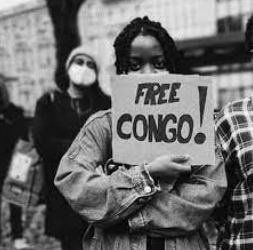
To truly see a Free Congo, you have to see the barbarous and heinous things done to the Congolese people as they are: cruel, disgusting, and nonetheless avoidable.
By doing this, you’re not only saving millions of people from being subject to further horrors than what has plagued the country for almost three decades, and being exploited while extracting resources that are then taken to the west. We have to work to dismantle centuries of systems set up by oppressors; for example, appointing new leadership in the DRC and neighbouring regions like Rwanda, Uganda, and Burundi. To hold the West and other contributors to the genocide accountable for what they’re doing to millions of lives. To change our views on the global south, especially Africa, and to start seeing all humans as what they are: humans. Jeanette Wena, a native Congolian and a stay-at-home foster mother of three, emphasised on her thoughts on a Free Congo: “My people are being forced into slavery, just to keep the ‘world’ spinning.” As soon as she says this, she gets emotional. “In 2016, I was straight out of college, advocating for this, doing pageants and whatnot to try to bring awareness to the state of the Congo, and it consumed me. All I could do was fight for my country, and it feels like all my efforts were in vain. It’s like a slap in the face; and the situation is getting worse and worse every day.”
WHAT YOU CAN DO TO HELP
BOYCOTT BIG TECH: this includes corporations like Amazon, Apple, Samsung, Tesla, and Microsoft. To effectively do this, we have to
→stop buying devices every time a new one is released/every year (especially when the former one(s) work perfectly fine
↳ if you really need a new device, try secondhand dealers before going straight to the official store/site
→not giving companies affiliated with big tech any more of our money than they’ve gotten; which is funding genocide
DONATE: organisations like UNICEF and the Red Cross have been proven time and time again that they do not have the third worlds’ best interest at heart. here’s a list of on-the-ground organisations that give funding directly to the Congo:
Embrace Relief – Embrace The World!
Action Against Hunger | Ending World Hunger & Malnutrition
Home | Doctors Without Borders – USA
International Rescue Committee
FURTHER EDUCATE YOURSELF on the situation in the Congo, and hopefully gain an understanding of how your devices truly do not matter more than people’s lives. Those things are replaceable. These people’s lives are not.
“This way of life has been embedded in so many of us for so long, we’re just brainwashed to where we only care about satisfying our greedy and consumerist fantasies. The first world is pretty much saying let’s pretend we’re saving the environment by going green at the expense of millions of lives.” Josenga comments. “The actions of the oppressor and the suffering of the oppressed gets higher when consumerism booms. Capitalism is a disease, and to grow as a people we have to hold ourselves and the consumerism tactics used to brainwash us accountable and do what we can to fix it. We must do better.



